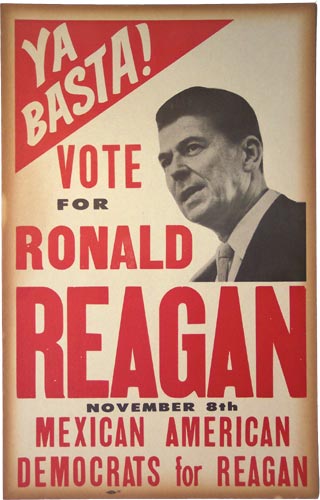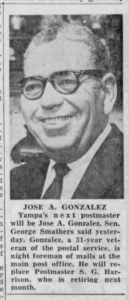Biographies in academia are increasingly rare, particularly for scholars seeking to highlight the collective voice in ethnic and working-class history. The form works well in James J. Lorence’s Palomino: Clinton Jencks and Mexican-American Unionism in the American Southwest.
Clinton Jencks is credited for empowering subjugated Mexican American hard-rock miners in Grant County, New Mexico. Local 890 of the Mine, Mill and Smelter Workers (Mine-Mill), for which he served as president, is best known for its role in the classic 1954 labor film, Salt of the Earth. The miners, or more precisely their wives, emerge as the resolute heroes of a bitter strike seeking economic and racial justice by raising wages and ending the “dual wage” system, whereby Mexican Americans earned less than Anglos on the job and faced discrimination in the community.
Jencks was shaped by his parents’ commitment to the Social Gospel prevalent during the Progressive Era and his coming of age during the Great Depression. He sought to change the world by joining the Communist Party. His penchant for activism expressed itself largely through leadership in a series of broad-based, progressive organizations in the thirties, forties, and fifties: most notably the American Youth Congress, American Veterans Committee, and Mine-Mill.




